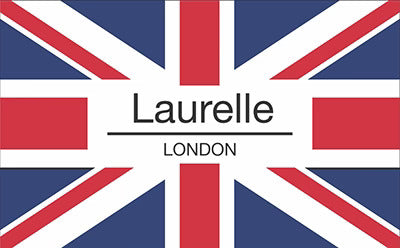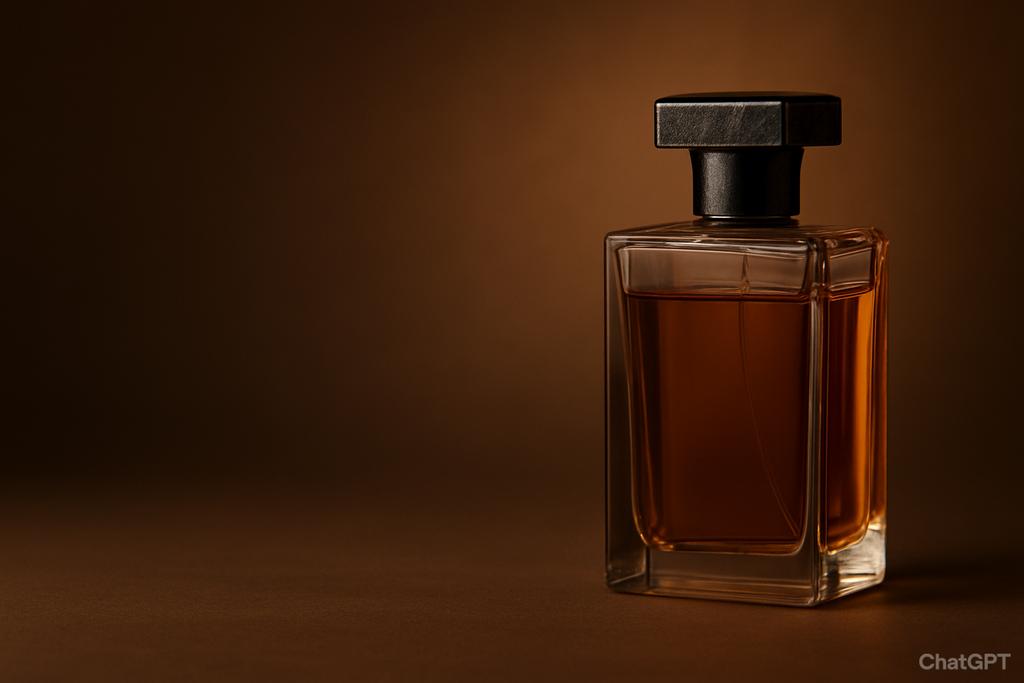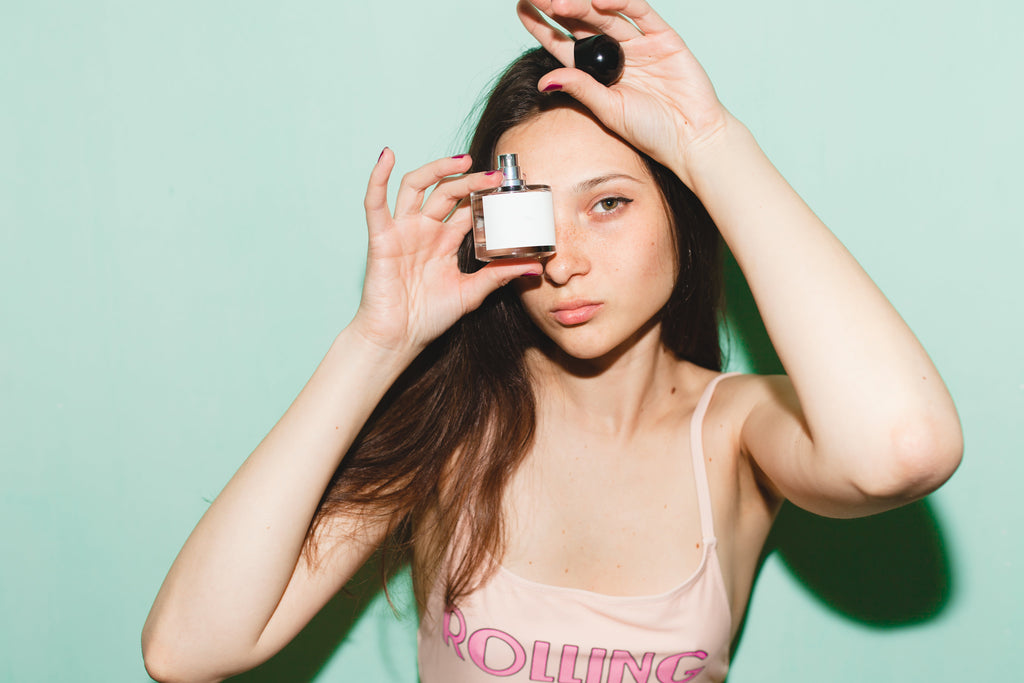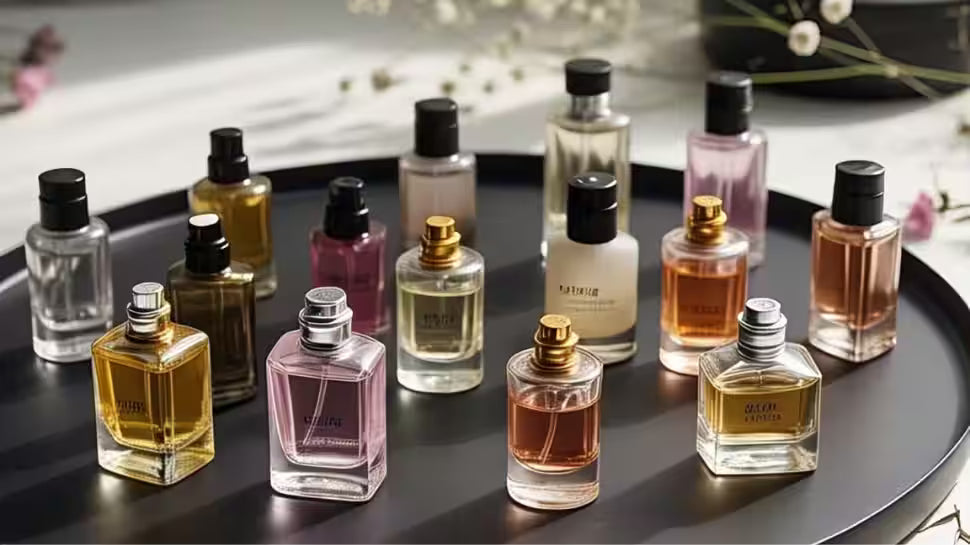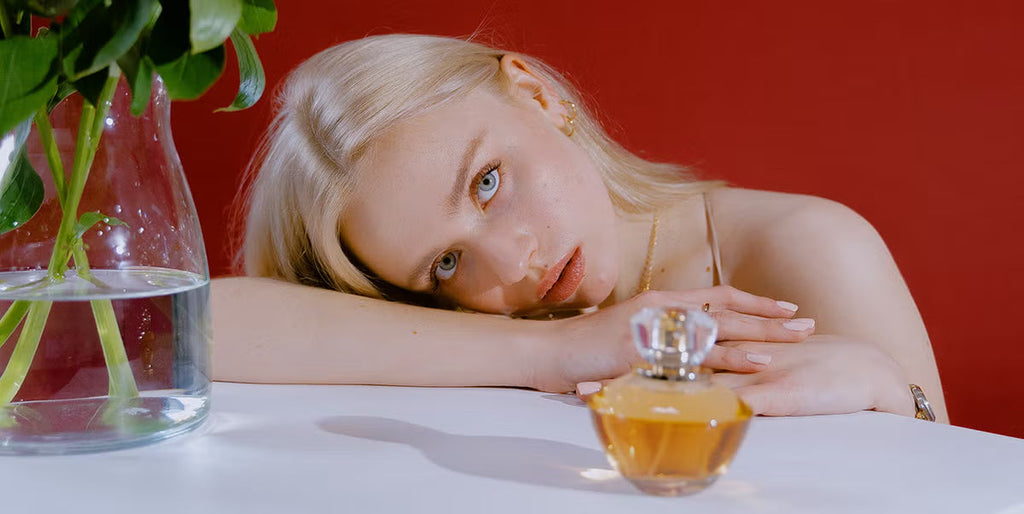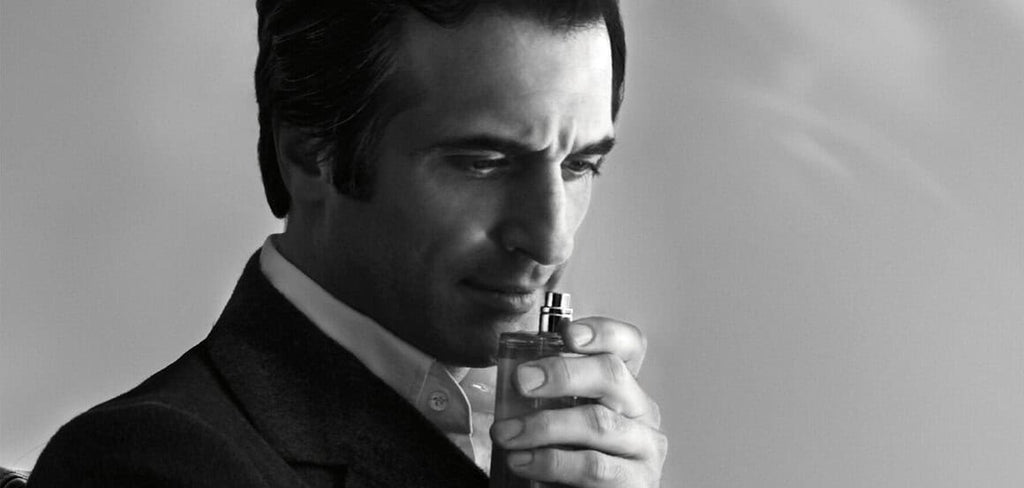
Why Scent Is Becoming the Silent Identity of Today's Man

In an era where digital connections often precede physical ones, where remote work has redefined professional presence, and where personal branding extends far beyond what meets the eye, modern men are discovering a powerful yet subtle tool for self-expression: scent. What was once considered a simple grooming afterthought has evolved into a sophisticated form of non-verbal communication, a silent signature that speaks volumes before a single word is exchanged.
The Psychology of Scent and Identity
The human connection to fragrance runs deeper than mere preference. Our olfactory system is directly linked to the limbic brain, the region responsible for emotions and memory formation. When a man chooses his signature scent, he's not merely selecting a pleasant aroma—he's crafting an invisible extension of his personality that can influence how others perceive him and, perhaps more importantly, how he perceives himself.
Dr. Rachel Herz, a leading researcher in the psychology of smell, notes that scent can boost confidence levels by up to 30%. This psychological armor is particularly valuable in today's competitive landscape, where first impressions often determine opportunities. A well-chosen fragrance becomes a man's silent advocate, working on his behalf in boardrooms, social gatherings, and intimate encounters.
The Evolution of Masculine Fragrance
The modern man's relationship with fragrance has undergone a remarkable transformation. Gone are the days when cologne was reserved for special occasions or applied with heavy-handed enthusiasm. Today's approach is nuanced, intentional, and deeply personal. Men are moving away from the one-size-fits-all philosophy, instead curating fragrance wardrobes that reflect different aspects of their multifaceted lives.
This evolution reflects broader changes in masculinity itself. The contemporary man is comfortable with complexity, embracing both strength and sensitivity, professionalism and creativity. His fragrance choices mirror this complexity, ranging from crisp, professional scents for the office to warmer, more intimate fragrances for personal moments.
The Art of Scent Layering
Sophisticated men are discovering the art of scent layering, creating unique olfactory signatures that can't be replicated by purchasing a single bottle. This practice involves combining complementary fragrances, using scented grooming products, and understanding how different scents interact with individual body chemistry throughout the day.
The layering process begins with unscented or lightly scented base products—moisturizers, deodorants, and hair products that won't compete with the chosen fragrance. The signature scent is then applied strategically to pulse points, where body heat will naturally diffuse the fragrance. Advanced practitioners might finish with a complementary aftershave or cologne that enhances rather than masks the primary fragrance.
Cultural Shifts and Social Acceptance
The growing acceptance of men's grooming and self-care has created fertile ground for fragrance exploration. Social media has played a significant role in this shift, with influencers and celebrities openly discussing their fragrance preferences and grooming routines. This visibility has normalized what was once considered vanity, reframing it as self-respect and attention to detail.
The workplace, too, has become more fragrance-friendly, with subtle scent application being viewed as part of professional grooming rather than personal indulgence. However, this acceptance comes with responsibility—the modern man understands that his fragrance should enhance his presence, not announce his arrival from across the room.
The Science of Attraction and Memory
Research consistently demonstrates that scent plays a crucial role in human attraction and memory formation. Women, in particular, are highly sensitive to masculine scents, often rating men as more attractive when they wear appealing fragrances. But the impact extends beyond romantic contexts—colleagues, clients, and friends also form positive associations with well-chosen scents.
This memory-scent connection is particularly powerful in professional settings. A signature scent can make a man more memorable in networking situations, client meetings, and job interviews. The key is consistency—wearing the same fragrance regularly creates a reliable association that reinforces personal branding efforts.
Economic and Market Trends
The men's fragrance market has experienced explosive growth, with sales increasing by over 40% in the past five years. This growth reflects not just increased participation but also higher spending per individual. Men are investing in quality fragrances, often owning multiple bottles for different occasions and seasons.
Niche and artisanal fragrances are particularly popular among discerning consumers who seek uniqueness over mass appeal. These investments in personal scent often exceed spending on other grooming categories, indicating the priority modern men place on olfactory identity.
The Future of Masculine Scent
As we look ahead, the role of scent in masculine identity is likely to expand further. Emerging trends include personalized fragrances created through AI analysis of individual preferences, sustainable and clean fragrance formulations, and the integration of scent with wearable technology.
The modern man's relationship with fragrance represents a broader cultural shift toward intentional living and authentic self-expression. In a world increasingly dominated by digital interactions, scent remains uniquely human, personal, and immediate—a silent language that speaks to our deepest psychological and emotional responses.
Frequently Asked Questions
Q: How do I choose my first signature scent?
A: Start by identifying scent families you're drawn to—woody, fresh, spicy, or oriental. Visit a fragrance counter and test 3-4 options maximum per visit, allowing each to develop on your skin for at least 30 minutes. Consider your lifestyle, profession, and personal style. A signature scent should feel like an extension of yourself, not a mask or costume.
Q: How much should I spend on a good fragrance?
A: Quality fragrances typically range from $60-200, with niche options reaching $300+. Focus on cost-per-wear rather than upfront price—a $150 fragrance that lasts 6 months with daily use costs less than $1 per day. Start with a respected designer fragrance before exploring niche options.
Q: Where and how should I apply fragrance?
A: Apply to pulse points—wrists, neck, and behind ears—where body heat will naturally diffuse the scent. Spray from 6-8 inches away, and avoid rubbing the fragrance into your skin as this breaks down the scent molecules. Less is more; others should only detect your fragrance when they're close to you.
Q: How do I know if I'm wearing too much?
A: If people comment on your fragrance from more than arm's length away, you're wearing too much. A good rule: apply until you can just barely smell it on yourself, then stop. Your nose adapts to familiar scents, so you'll stop noticing your fragrance even when others still can.
Q: Can I wear different fragrances for different occasions?
A: Absolutely. Many men maintain a fragrance wardrobe: lighter, fresher scents for daytime/office wear, and richer, more complex fragrances for evening or special occasions. Seasonal rotation is also common—lighter scents in summer, warmer fragrances in winter.
Q: How long should a fragrance last?
A: Quality fragrances should last 4-8 hours on skin, with some lasting up to 12 hours. Longevity depends on concentration (eau de toilette vs. eau de parfum), your skin type, and environmental factors. If your fragrance disappears quickly, consider layering with matching grooming products or switching to a higher concentration.
Q: Is it okay to wear fragrance to work?
A: Yes, but choose office-appropriate scents—clean, professional fragrances that won't overwhelm colleagues in close quarters. Avoid heavy, overpowering scents, and apply sparingly. Some workplaces have fragrance-free policies, so check your employee handbook.
Q: How do I store my fragrances properly?
A: Store fragrances in a cool, dark place away from direct sunlight and temperature fluctuations. Avoid bathroom storage due to humidity. Keep bottles upright and tightly capped. Properly stored fragrances can last 3-5 years, though some ingredients may change over time.
Q: Should I match my fragrance to my cologne or aftershave?
A: Matching products can create a cohesive scent profile, but it's not necessary. Many men prefer unscented or lightly scented grooming products to avoid competition with their signature fragrance. If you do layer, ensure the scents complement rather than clash.
Q: How do I know if a fragrance works with my body chemistry?
A: Test fragrances on your skin, not paper strips. Body chemistry affects how fragrances smell and last. Wear a test fragrance for a full day to experience how it evolves. What smells great initially might become cloying, or a fragrance might reveal beautiful depth over time. Take notes on how different fragrances perform on your skin.
